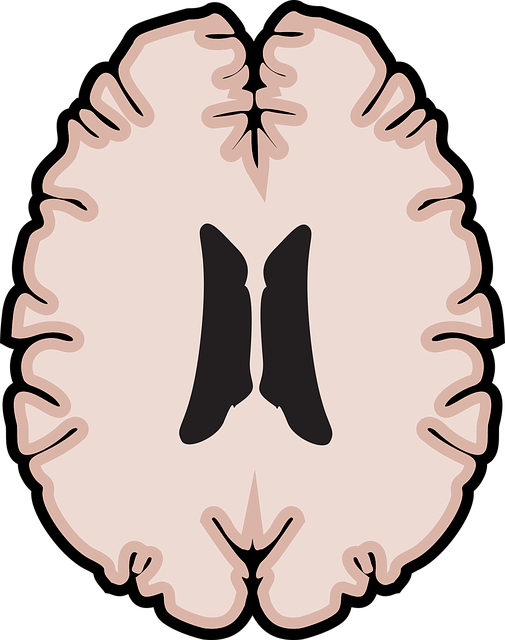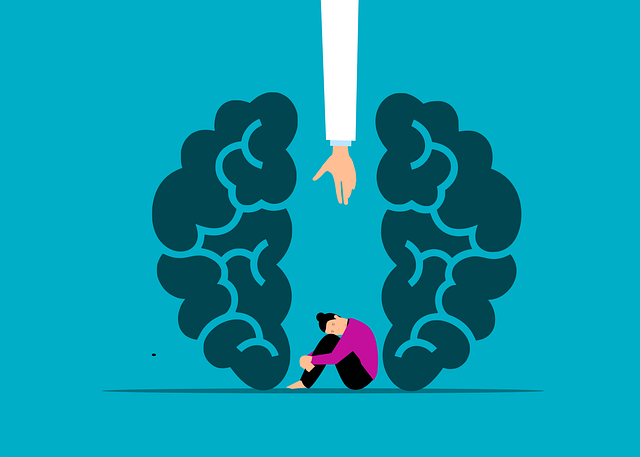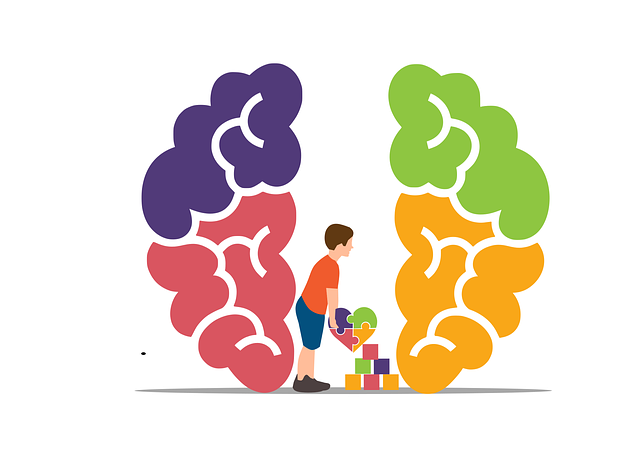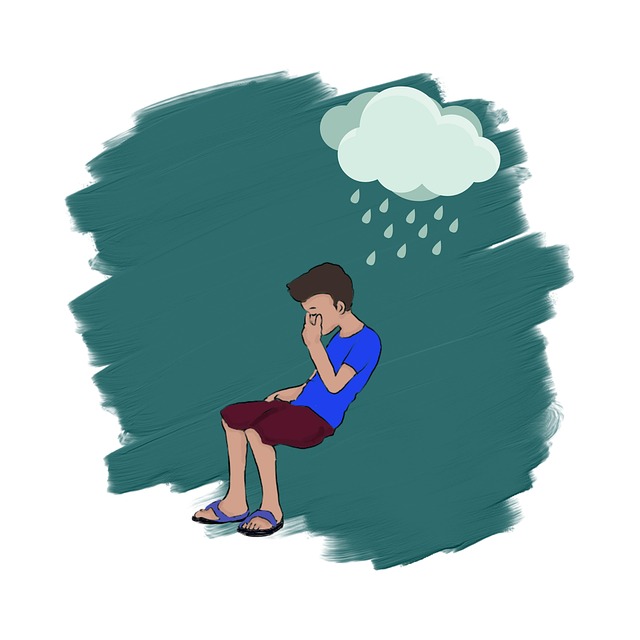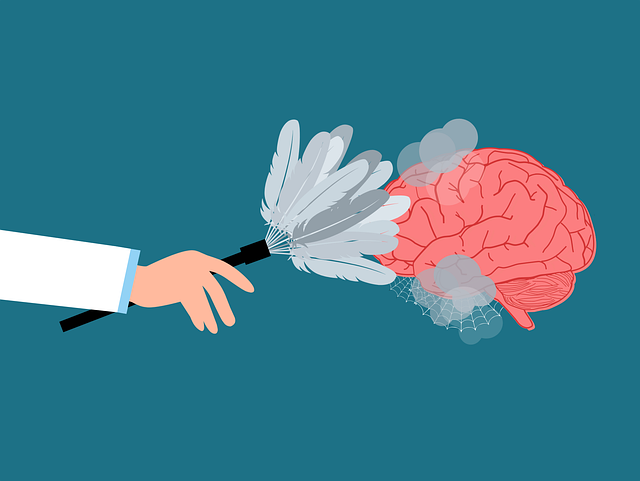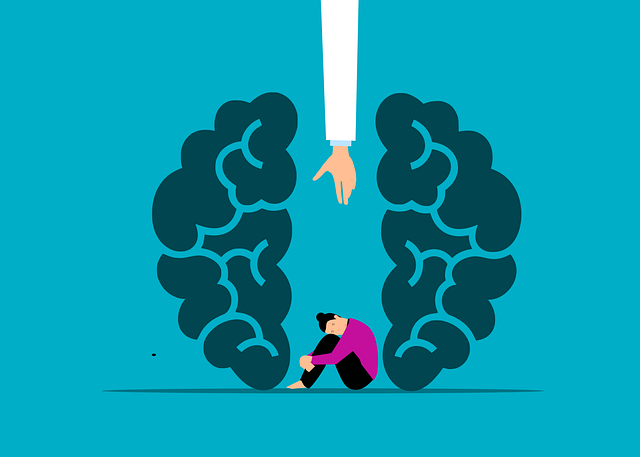Highlands Ranch Chronic Pain Therapy employs a holistic, multi-faceted crisis intervention approach addressing both physical pain symptoms and emotional distress. Their specialized program combines advanced medical treatments with stress management, conflict resolution, burnout prevention, mental wellness coaching, and empathy building techniques to empower patients in managing their chronic pain. Post-intervention support includes ongoing therapy, community outreach, and Mind Over Matter principles, enabling individuals to build resilience, identify early warning signs, and lead more fulfilling lives.
Crisis intervention plays a vital role in managing chronic pain, offering immediate support during intense distress. This article explores effective strategies for healthcare professionals, focusing on the unique approach of Highlands Ranch Chronic Pain Therapy. We delve into understanding crisis intervention, its specialized techniques, and practical guidelines for handling crises. Additionally, we discuss post-intervention support and prevention methods, emphasizing the significance of comprehensive care in mitigating future challenges. Discover how these strategies foster resilience among individuals navigating chronic pain.
- Understanding Crisis Intervention in Chronic Pain Management
- Highlands Ranch Chronic Pain Therapy: A Specialized Approach
- Practical Strategies for Effective Crisis Intervention
- Post-Intervention Support and Prevention Techniques
Understanding Crisis Intervention in Chronic Pain Management

Crisis intervention plays a pivotal role in chronic pain management, offering immediate support and strategies to cope with intense or sudden pain episodes. This approach recognizes that individuals living with chronic pain often experience significant emotional distress and may require specialized assistance to navigate such challenges. In Highlands Ranch Chronic Pain Therapy, crisis intervention strategies guide patients through acute pain crises, focusing on immediate relief and long-term coping mechanisms.
Effective crisis management involves a multi-faceted approach, including stress management techniques, where patients are equipped with tools to reduce anxiety and fear associated with pain. Additionally, community outreach program implementation can facilitate access to support networks, enhancing the patient’s ability to cope during crises. Mental health education programs designed specifically for chronic pain management further empower individuals to understand their condition and develop resilience strategies, thereby improving overall well-being.
Highlands Ranch Chronic Pain Therapy: A Specialized Approach

Highlands Ranch Chronic Pain Therapy offers a specialized approach to managing chronic pain, which is often a complex and challenging condition. This unique program combines advanced medical treatments with holistic healing methods, providing comprehensive care tailored to each patient’s needs. The team of experts, including medical professionals and mental wellness coaches, works collaboratively to address the physical and psychological aspects of chronic pain.
By integrating Conflict Resolution Techniques and Burnout Prevention Strategies for Healthcare Providers, the therapy focuses on empowering patients to take control of their pain management. Mental Wellness Coaching Programs Development is a key component, ensuring that individuals develop coping mechanisms and resilience to navigate the challenges of chronic pain. This holistic approach not only alleviates symptoms but also enhances overall quality of life, offering a transformative experience for those seeking relief from persistent pain.
Practical Strategies for Effective Crisis Intervention

In the heart of Highlands Ranch Chronic Pain Therapy lies a commitment to effective crisis intervention strategies. When faced with acute or chronic pain, individuals often struggle with intense emotions and overwhelming circumstances. Practical approaches such as Burnout Prevention techniques can help manage stress levels, enabling better decision-making during crises. By integrating Conflict Resolution Techniques, therapists facilitate open communication channels, fostering an environment where patients feel heard and respected.
Empathy Building Strategies play a pivotal role in crisis intervention. Expressing genuine understanding and compassion helps to de-escalate situations and build trust between therapist and client. Through these strategies, individuals can navigate challenging emotions, find solace, and develop resilience – ultimately empowering them to manage future crises with greater equanimity.
Post-Intervention Support and Prevention Techniques

After an initial crisis intervention, providing sustained support is key to preventing future occurrences. This involves a multi-faceted approach that can include ongoing therapy sessions, particularly those focusing on Highlands Ranch Chronic Pain Therapy, to help individuals manage their conditions and develop coping strategies. Implementing community outreach programs that foster social connections and offer educational resources can also boost confidence and resilience, empowering people to better navigate challenges.
Additionally, incorporating Mind Over Matter principles into recovery plans has proven effective in reducing stress and anxiety, which are often underlying factors in crisis situations. Regular follow-ups and check-ins allow support systems to identify early warning signs of potential crises and intervene promptly. By combining these post-intervention strategies with preventive techniques, individuals can build healthier coping mechanisms and lead more fulfilling lives.
Crisis intervention plays a vital role in managing chronic pain, offering specialized support through Highlands Ranch Chronic Pain Therapy. By combining practical strategies with post-intervention care and prevention techniques, healthcare providers can effectively navigate individuals’ challenging situations. This comprehensive approach ensures not only short-term relief but also long-lasting improvements in pain management, ultimately enhancing the quality of life for those facing chronic pain crises.


